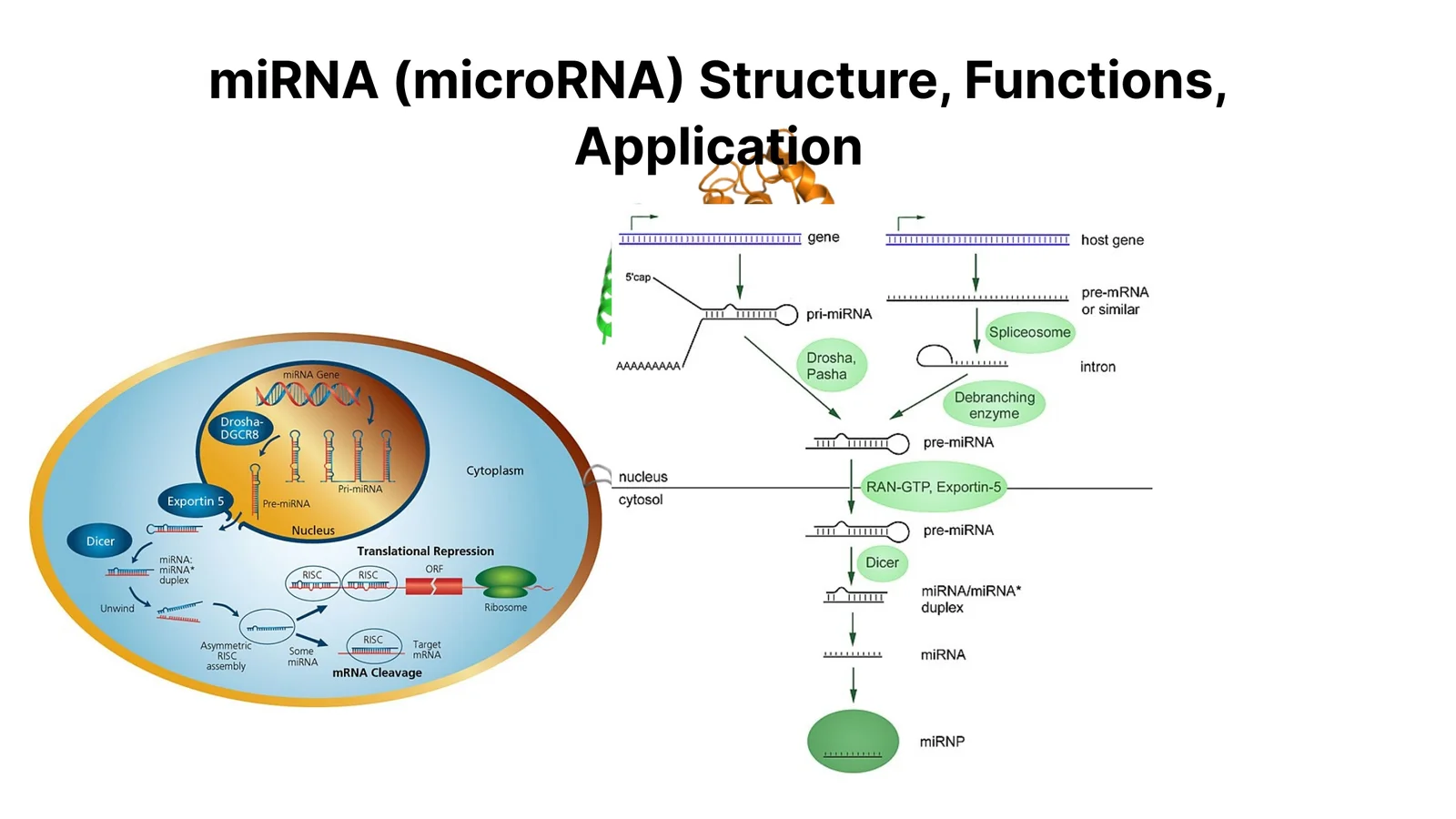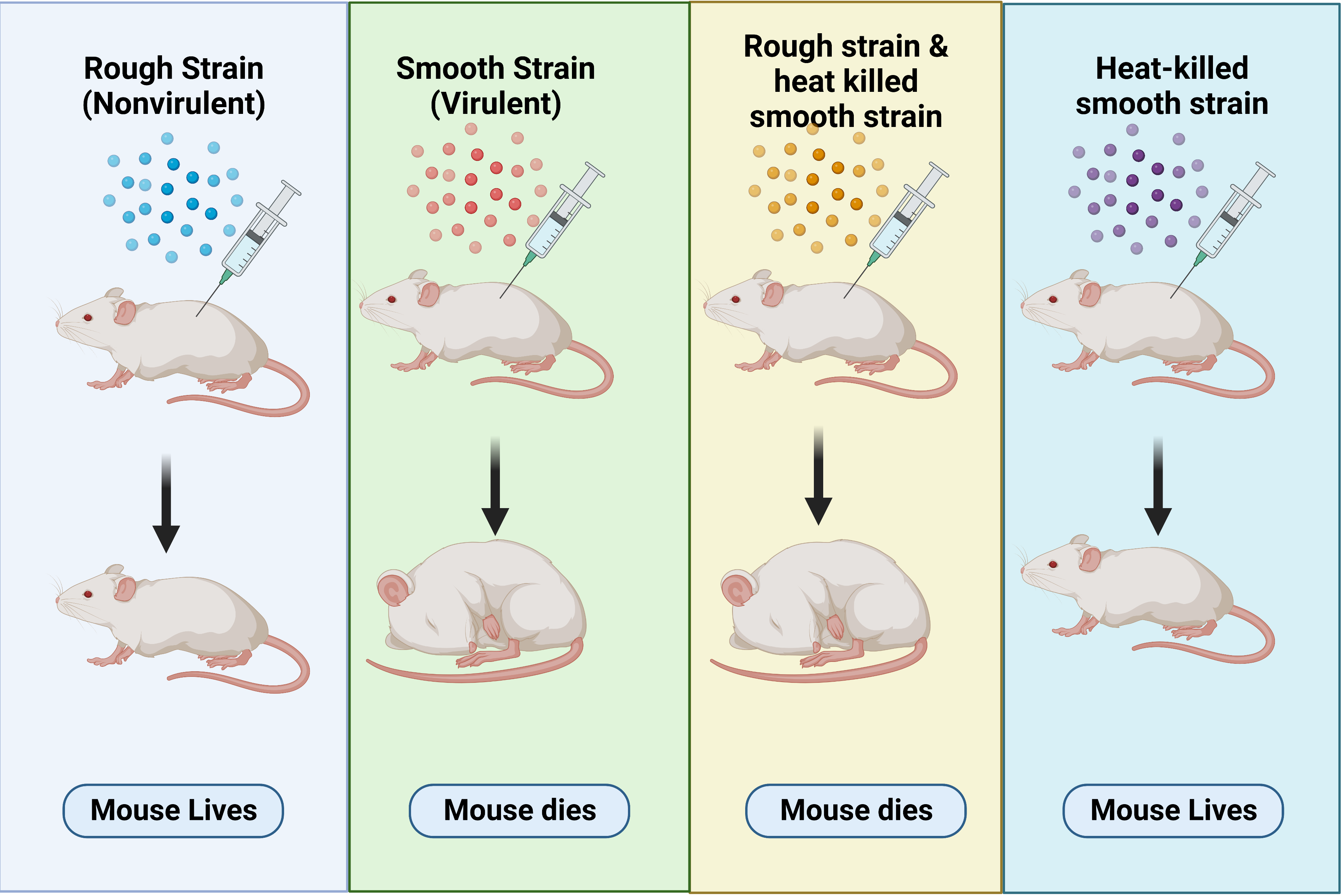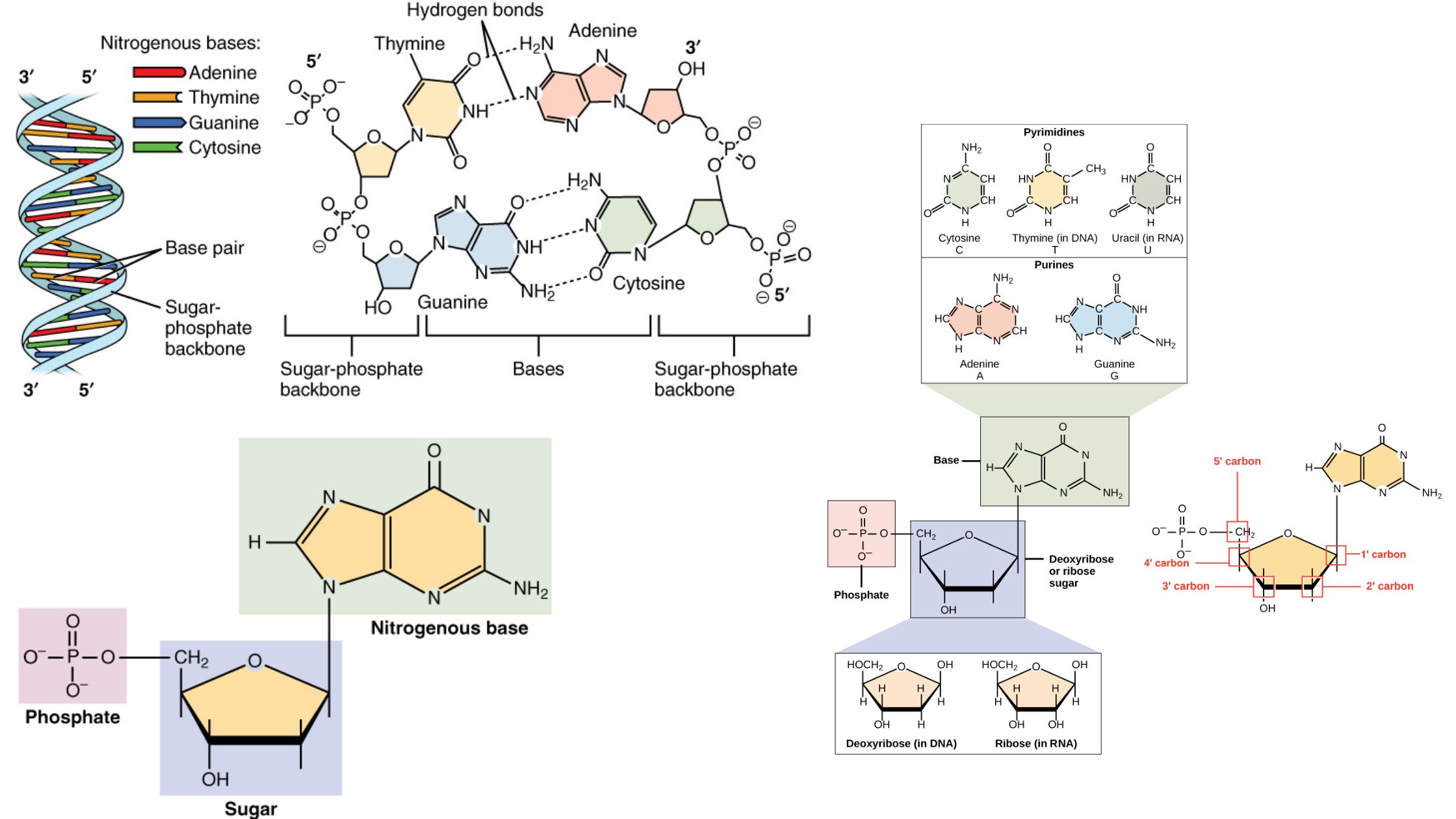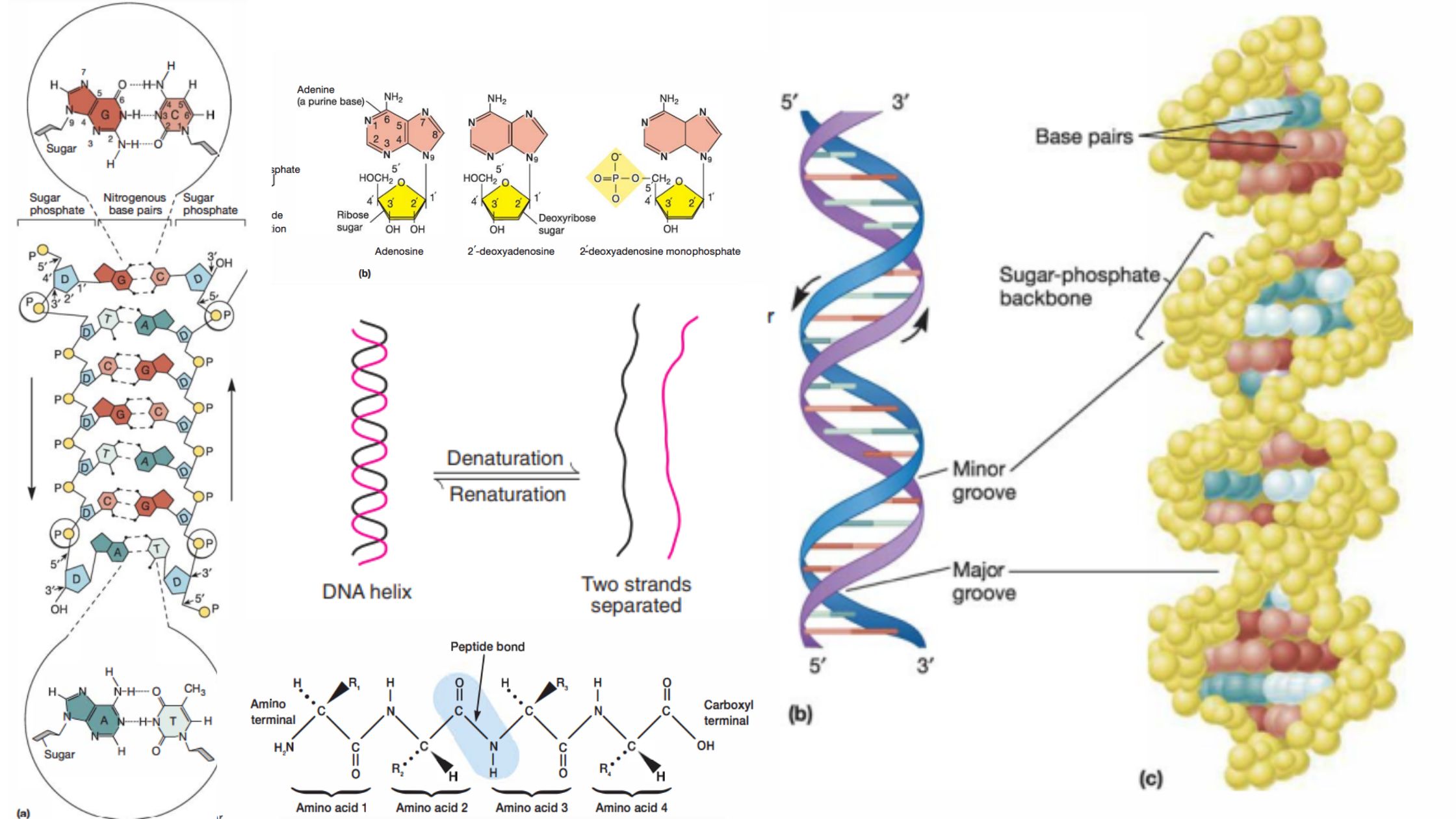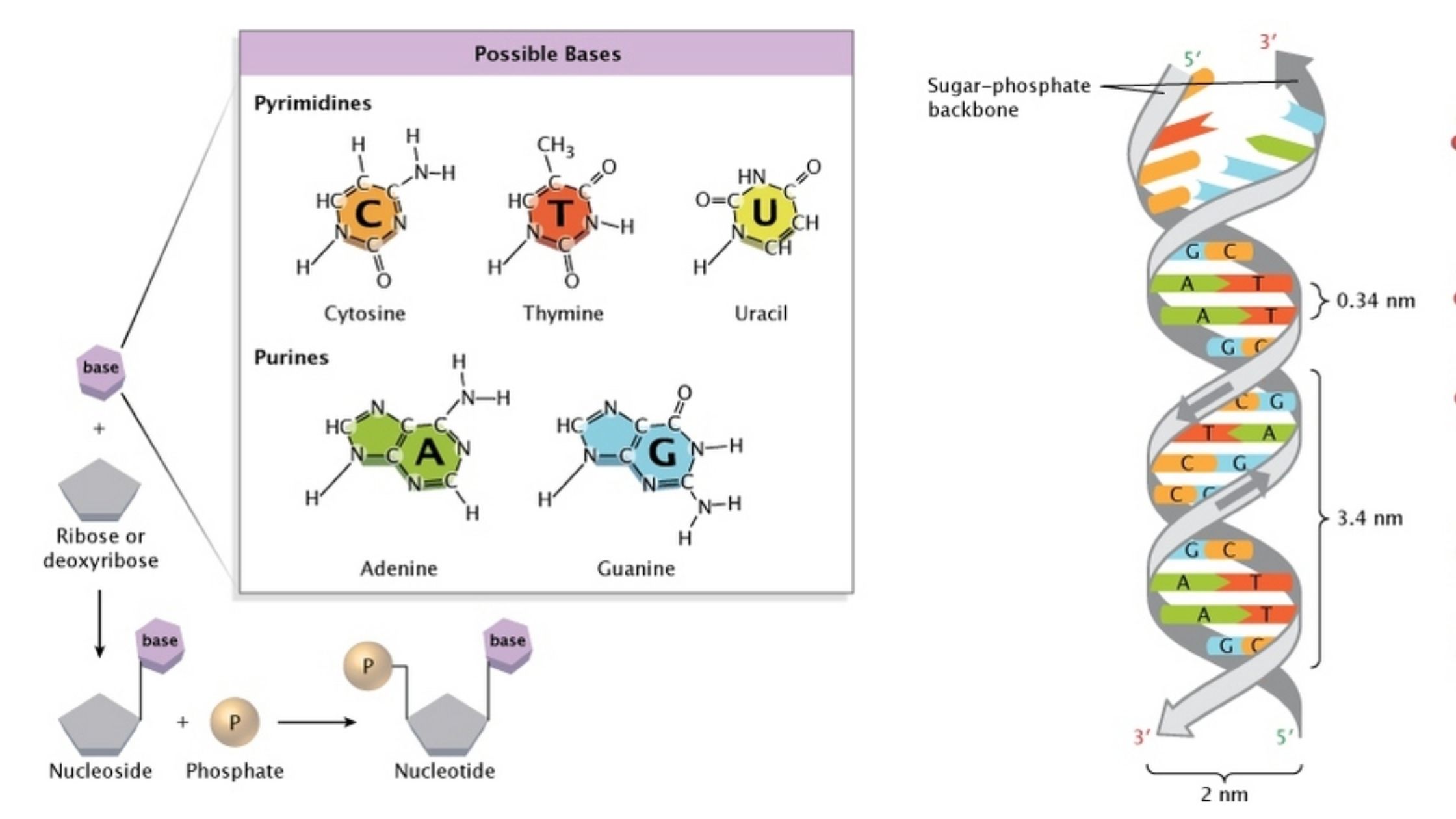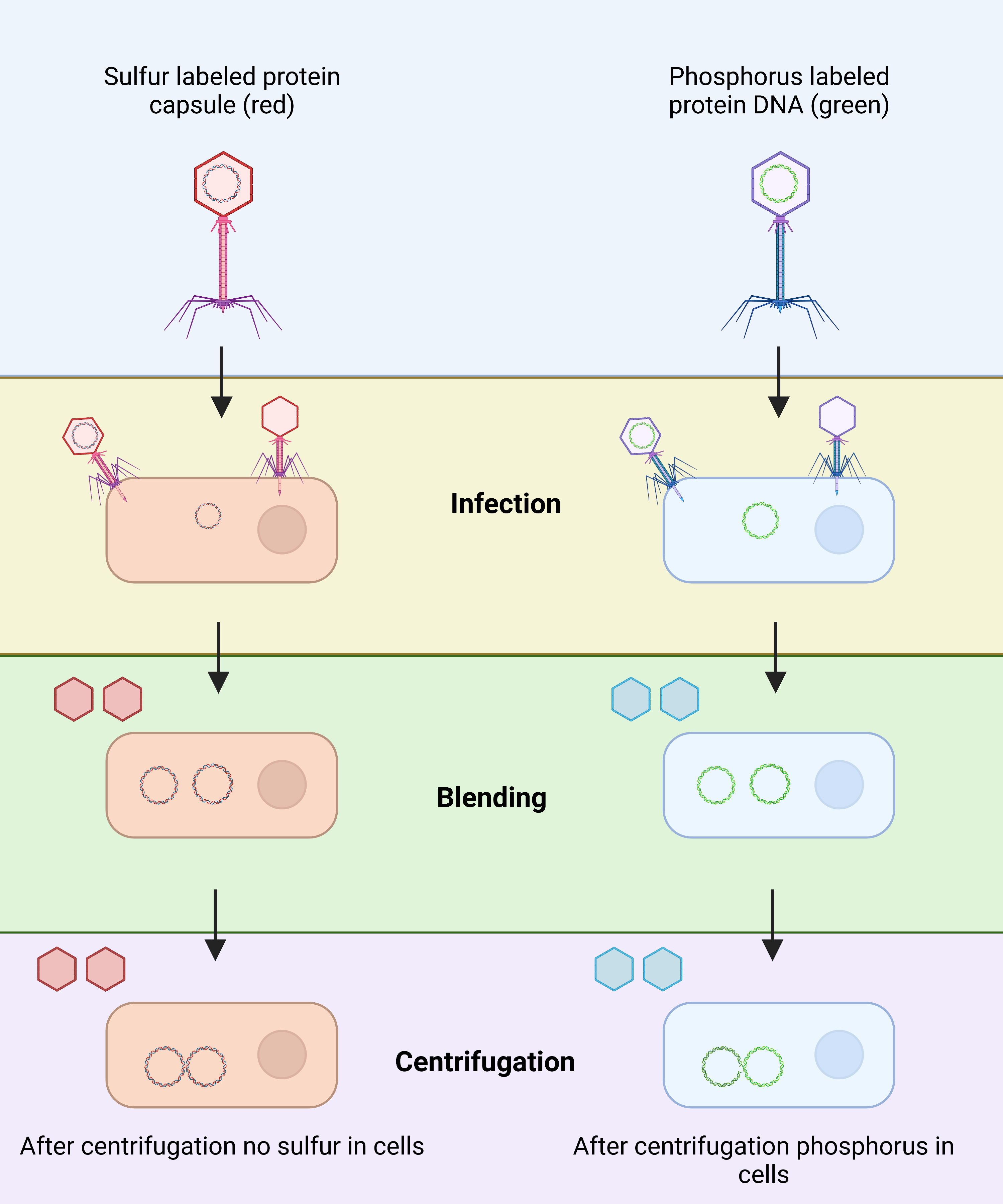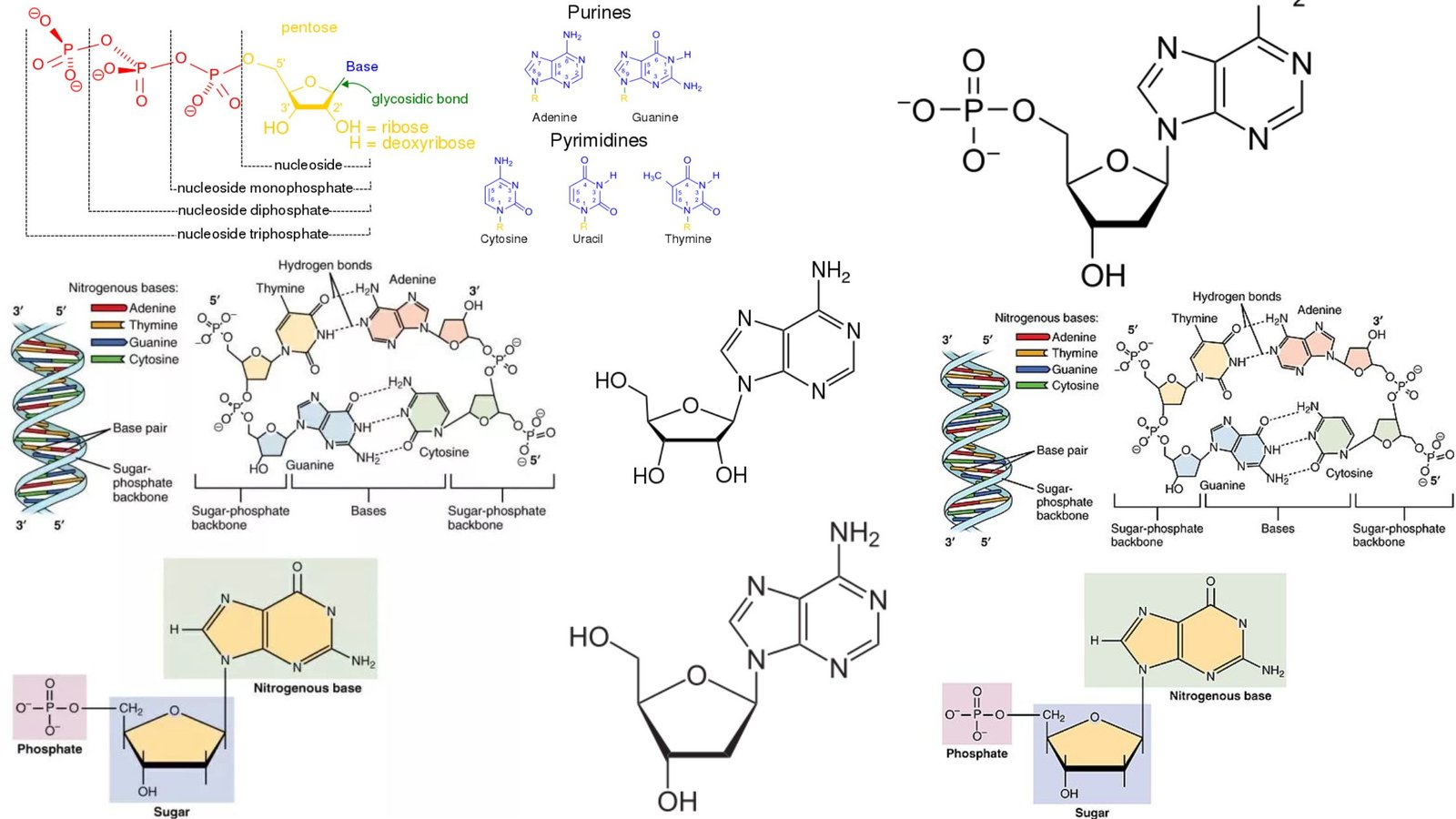miRNA (microRNA) Structure, Functions, Application
Micro-RNAs (miRNAs) are a family of non-coding RNAs (ncRNAs) that regulate gene expression post-transcriptionally. Since their discovery in 1993, they have been the topic of extensive research due to their role in numerous crucial biological processes. Unlike other noncoding RNAs, microRNAs are created from transcriptional units that are processed by a particular group of endonucleases. … Read more
